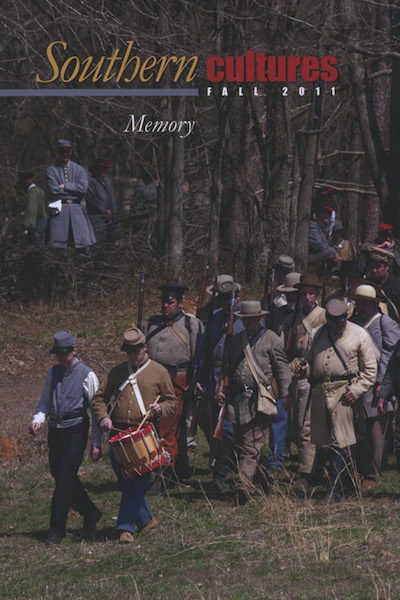“Ruffin was ideologically sympathetic to the Confederate cause and remained so to his death. ‘The power of the master must be absolute,’ Ruffin wrote in State v. Mann (1829), ‘to render the submission of the slave perfect.’ State v. Mann became the most notorious opinion in the entire body of slavery law.”
A visitor to the North Carolina Court of Appeals could be forgiven for failing to notice Judge Thomas Ruffin’s statue in an alcove in the building’s foyer. Obstructed by a latter-day handicap access ramp, the larger-than-life bronze figure nevertheless stolidly presides. From its opening in 1914 until 1940, this building was the home of the North Carolina Supreme Court, of which Ruffin was chief justice from 1833 to 1852. After 1940, when the Supreme Court moved next door to a building constructed by the Works Progress Administration, the building became known as the Library Building; in 1967, it became home to the newly established Court of Appeals.


